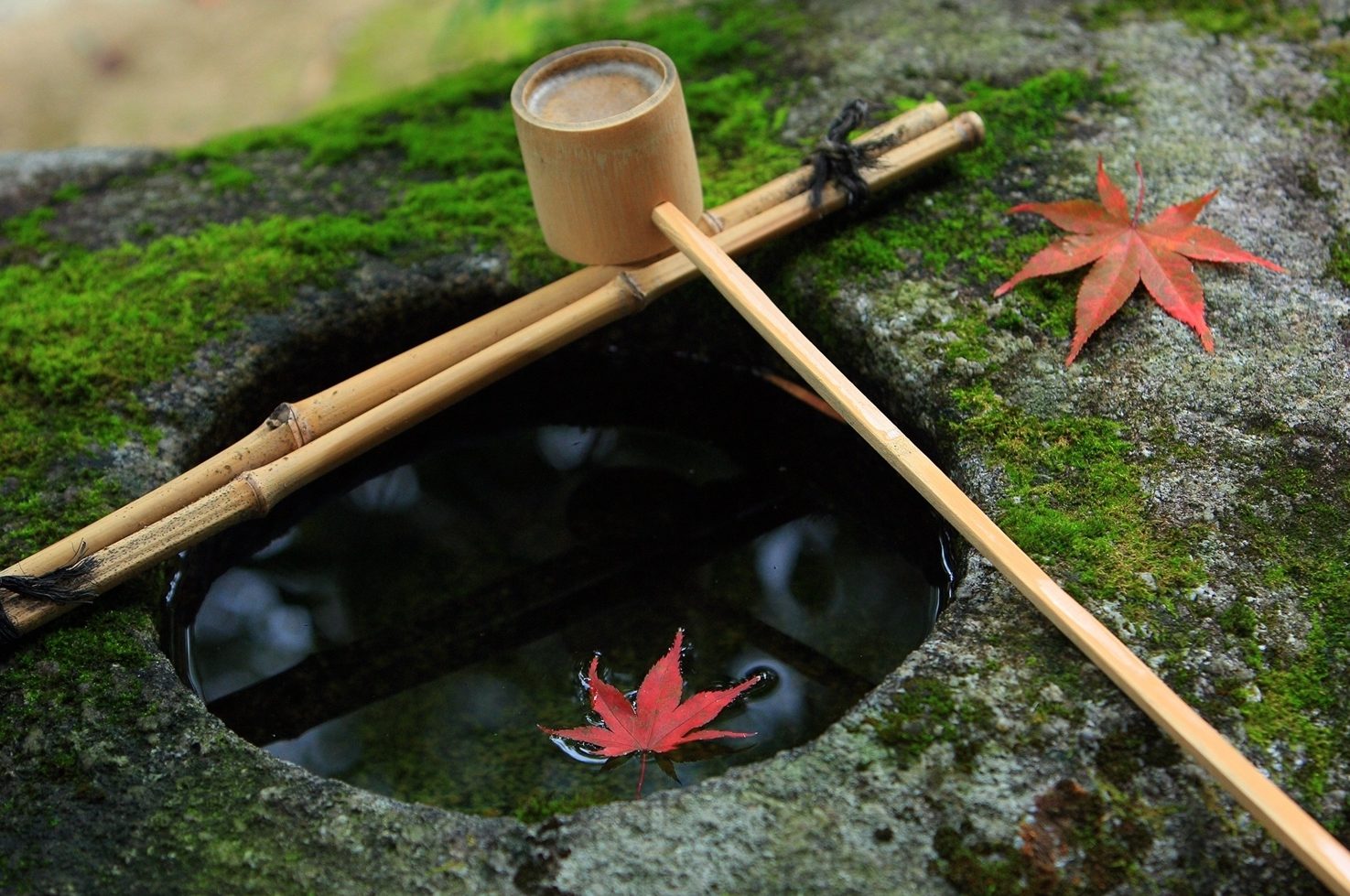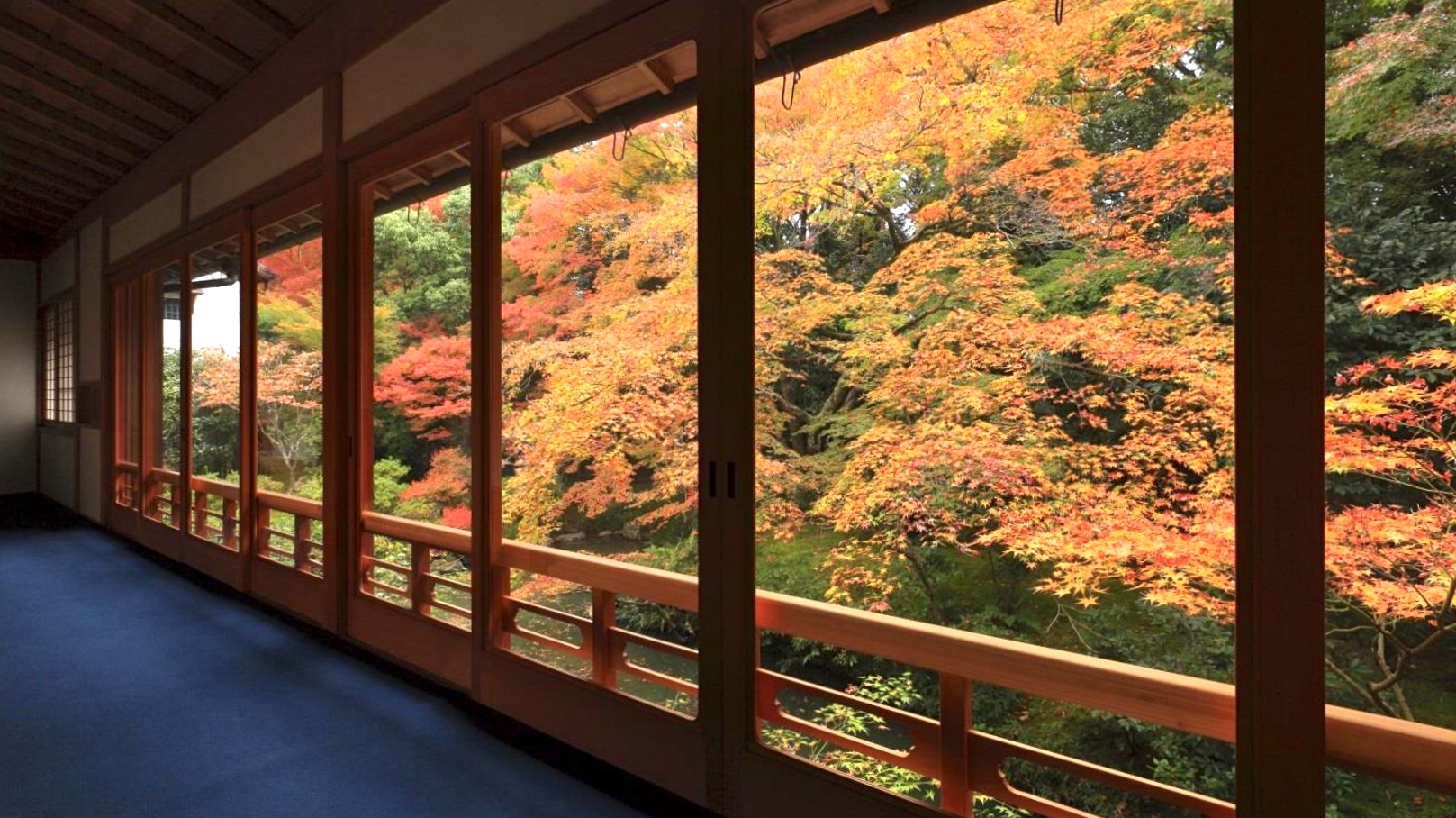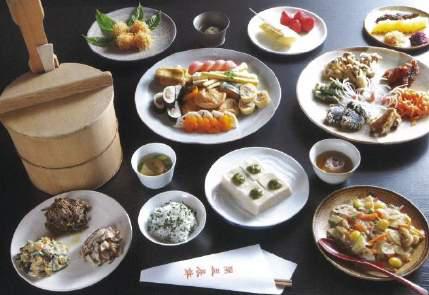Kyoto Experience
Kyoto Zen Buddhist Temple stays
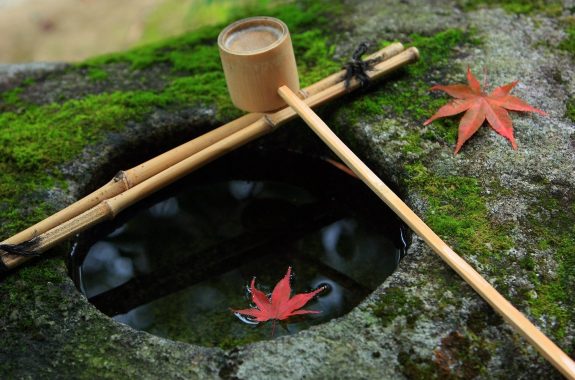
関連商品
-
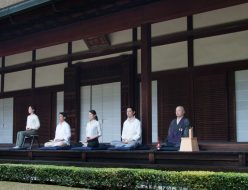
Historical Temples – Special admission
We have produced plans unlike any other, in the heartland of Japan’s world renowned traditional culture. There are many beautiful gardens and cultural assets like temples that are not open to the public.
-
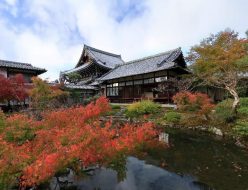
Kouunji Temple
A private Zen temple (not open to the public) popular for its Chisen Kaiyu style garden (Japanese garden with a path around a central pond and spring).
-
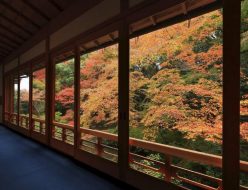
Shinnyoji Temple
A private Zen temple (not open to the public) that has an elegant Japanese garden. In the autumn, visitors will enjoy the colored leaves. Visitors will be able to experience the real Zen by placing themselves in a life of Zen Buddhist monk.
-

Mt. Daimonji Night view panorama hiking in Kyoto
Mt. Daimonji is famous for the giant Chinese character “大” that is depicted by fire lit to illuminate the mountain every year on August 16th during one of Kyoto`s most spectacular festivals `The Daimonji Gozan Okuribi` (Obon Fire Festival).
-
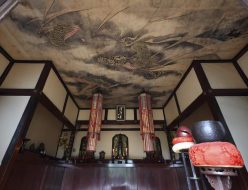
Kaihouji Temple
A private Zen temple (not open to the public) where the monk will offer guests Chinesestyle vegetarian cuisine.Visitors will be able to experience the real Zen by placing themselves in a life of Zen Buddhist monk.
-
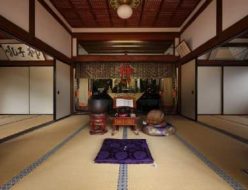
Youmeiin Temple
A private Zen temple (not open to the public) which is located in the designated UNESCO World Heritage, Tenryuji temple. Visitors will be able to experience the real Zen by placing themselves in a life of Zen Buddhist monk.

